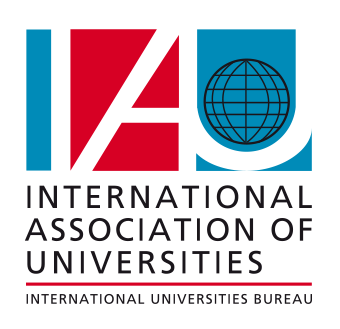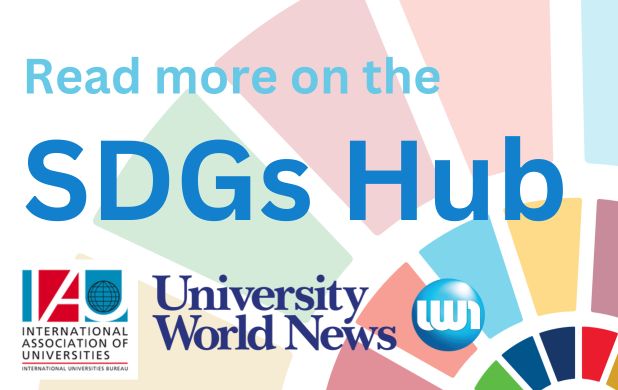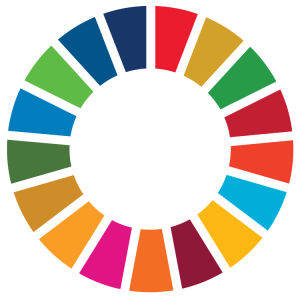Reorient University Curricula to Address Sustainability (RUCAS)
Higher Education Institutions (HEIs) in the Arab region face challenges related to the slow progress regarding the implementation of the UN Decade (2004-2015) of Education for Sustainable Development (ESD). This is due to a number of barriers such, limited staff awareness and expertise and lack of appropriate curricula, new teaching methods and courses to address ESD.
As a response to these needs and priorities, six HEIs from the European Union led by the University of Crete (UNESCO Chair ICT in ESD) joined efforts with six HEIs from the Arab region along with UNESCO Regional Office for the Arab States and pioneering NGOs to form a Consortium to tackle the identified constraints and needs. The overriding goal of the project is to help partner HEIs in Egypt, Jordan and Lebanon embed ESD into their curricula.
The Project will initiate a wide range of activities to develop resources, revise and develop new curriculum initiatives, build capacity and strengthen national and regional networks.
Objectives
The overarching goal of the project is to help partner HEIs reorient their university curricula to address sustainability through capacity building of university staff, curriculum revision and implementation.
Our key question is how to best advance curriculum change towards ESD, given the regional priorities and the need to modernize curricula to address sustainability. More specifically, the project aims to:
- Support the development of Education for Sustainable Development (ESD) in the Higher Education sector in Egypt, Jordan and Lebanon
- Build capacity amongst university staff to embed ESD in curricula and pedagogy
- Review and revise undergraduate curricula to address ESD in line with Bologna and Lisbon processes
- Assist the coordination and dissemination of ESD policy, research, curriculum reform and practice relating to ESD in the partner institutions that are expected to function as role models in the region
Main Activities
The RUCAS project adopts a multi/inter-disciplinary and systemic approach contextualized in the partner countries and regions. The approach entails the following key processes:
- Establish continuous dialogue with university faculties regarding directions and means of education for sustainability
- Develop ESD competences for university students contextualized to the European Union and Arab region
- Evaluate ESD student competences in the participating Higher Education Institutions (HEIs)
- Establish and apply a Virtual Learning & Management System for running a community of practice in reorienting university curricula to address sustainability
- Develop an ICT-based training Toolkit on ESD curriculum reform and innovation in Higher Education, reflecting the ESD student competencies framework
- Establish Virtual Training Centers in each partner university to support the process of reorienting university curricula to address sustainability
- Build capacity amongst university staff to review, revise, infuse and embed ESD in undergraduate university curricula; and institutionalize and disseminate ESD curriculum reform
- Apply and evaluate the revised university curricula with respect to the ESD student competences
- Bridge the gap between HEIs and society through the placement of 100 students from each of the six partner institutions (600 in total) in the Arab partners in local NGOs dealing with ESD local/regional issues
- Promote reorienting HE towards ESD as a viable avenue for “whole institution” curriculum reform, research and teaching across all HEIs in the Arab region
Results
ESD Training Toolkit for ESD curriculum revision, development and implementation
International Journal of ESD Curriculum Review in Higher Education
Innovative Aspects
The RUCAS project comes at the middle of the UN Decade of ESD and its currency and relevance is strengthened by the recent Bonn Declaration issued at the end of the UNESCO World Conference on Education for Sustainable Development held in Bonn, Germany April 2009. It emphasized among others the need to “Re-orient education and training systems to address sustainability concerns through coherent policies at national and local levels”. Reorienting existing higher education curricula to address sustainability is very urgent and necessary to equip graduates with knowledge, skills, perspectives and values of sustainability so as to assume responsibility for creating a sustainable future and lifestyle.



